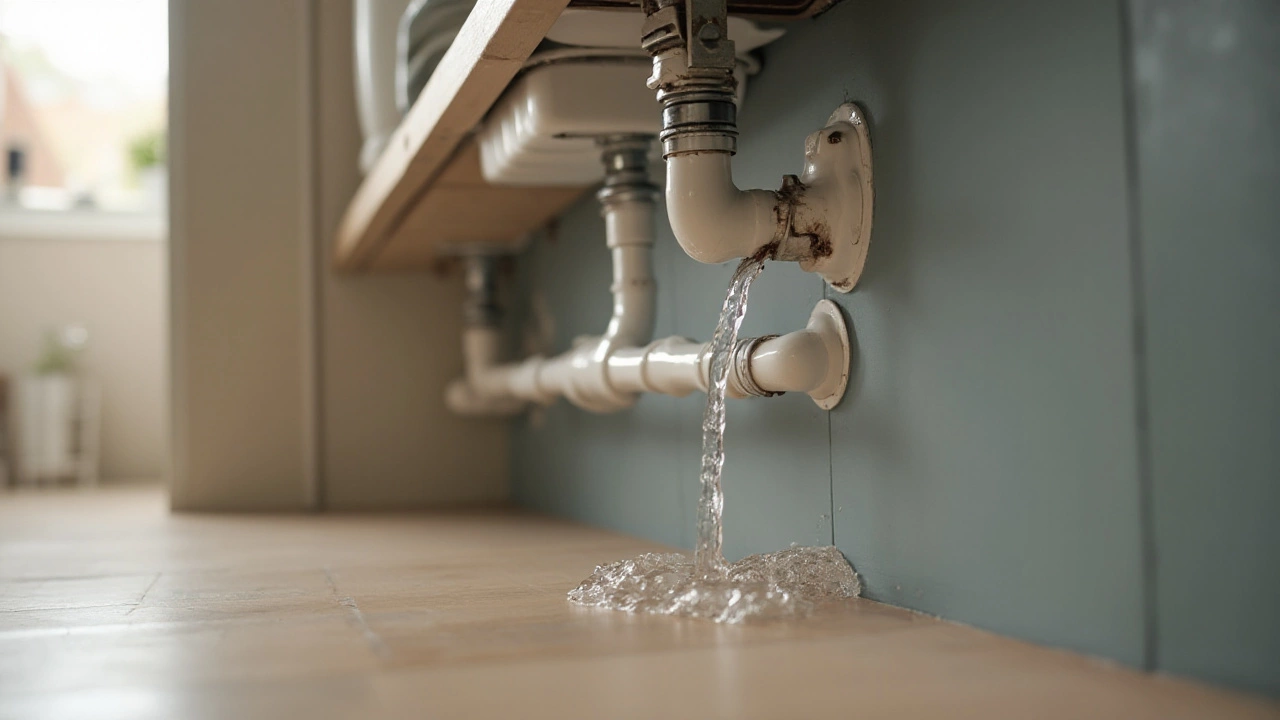Building Defects: Spot, Prevent, and Fix Common Construction Problems
Ever walked into a house and noticed cracks in the wall, a sagging roof, or a door that sticks? Those are classic signs of building defects, and they can turn a cozy home into a costly headache if you ignore them. The good news is that most defects are easy to spot early and often cheap to fix. Below you’ll find practical advice you can use right now.
Common Types of Building Defects
Defects come in many shapes, but a few show up over and over. First, foundation cracks – horizontal, vertical or diagonal lines in basement walls – usually point to settlement or moisture problems. Second, roof leaks often start with missing shingles, cracked flashing, or clogged gutters. Third, door and window misalignments are usually caused by shifting frames or warped timber. Fourth, wall bulges or cracked plaster can signal water intrusion or structural movement. Finally, uneven floor levels are a red flag for joist damage or foundation settlement.
How to Spot & Fix Defects Before They Cost a Fortune
Start with a quick visual sweep. Look for cracks wider than 2 mm, moisture stains, and any changes in level when you run a spirit level across a floor. If you see a crack, press a piece of clear tape over it and check after a few days – if the crack widens, it’s active and needs attention.
Next, test for water. In the basement, sprinkle water on the exterior wall and watch for damp spots inside. A simple bucket test can reveal where water is entering. If you find the source, seal the outside with a breathable waterproofing membrane before fixing interior damage.
For roof issues, climb a ladder safely and inspect the ridge, valleys, and flashing. Replace any missing shingles and clear debris from gutters. A quick caulk job around vents and chimneys can stop future leaks.
Door and window problems often need a shim or a screw adjustment. Loosen the hinges just enough to realign the frame, then tighten. If the wood is warped, a simple sanding and resealing can restore fit.
When you discover a serious defect – a large foundation crack or significant roof damage – don’t try to DIY everything. Get a qualified structural engineer to assess the risk. Their report will guide you on whether you need underpinning, wall anchors, or a full roof replacement. Knowing the exact fix helps you budget accurately.
Speaking of budgets, repair costs vary. A small crack in a basement wall might run £150‑£300, while underpinning a whole house can exceed £10,000. Roofing repairs average £500‑£2,000 depending on size. Knowing these ball‑park figures lets you plan and avoid surprise invoices.
Maintenance is the cheapest defence. Clean gutters twice a year, keep trees trimmed away from the house, and do a yearly walkthrough to catch tiny issues before they grow. A little vigilance saves thousands.
Finally, document everything. Take photos of the defect, note the date, and keep receipts for repairs. This paperwork is useful if you ever need to claim insurance or sell the property.
Building defects are annoying, but they don’t have to ruin your home. By learning the signs, fixing small problems fast, and calling in experts for big ones, you’ll keep your house safe, comfortable, and valuable for years to come.

Identifying Common Flaws in New Construction: A Homebuyer's Guide
Nov 20, 2024, Posted by Damon Blackwood
Exploring the most common defects found in new constructions can prevent unexpected surprises for potential homeowners. This article dives into the typical issues like faulty plumbing, poor insulation, and structural concerns that frequently arise with freshly built homes. Understanding these problems not only prepares buyers but also equips them with the knowledge to address issues before they escalate. Addressing these common pitfalls with practical solutions can lead to safer and more sound investments.
MORESEARCH HERE
Categories
TAGS
- foundation repair
- commercial construction
- construction
- new builds
- home improvement
- home renovation
- bathroom renovation
- construction materials
- residential construction
- building codes
- home foundation
- building types
- renovation tips
- building materials
- construction differences
- contractor
- foundation cracks
- home construction
- architectural services
- foundation issues